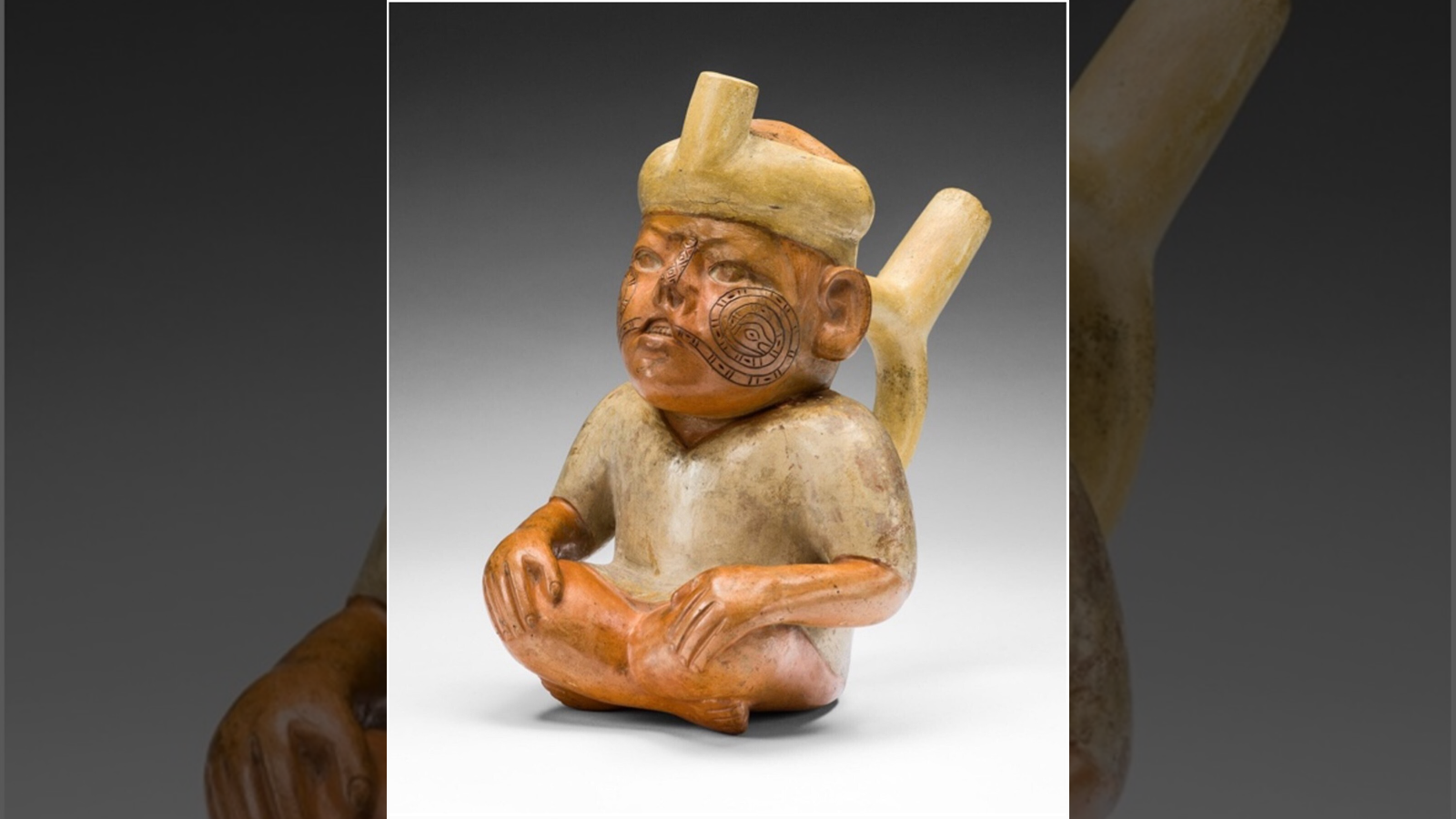Stress Changes Who Men Find Attractive
When men are under stress, instead of preferring women who resemble themselves as they normally do, they choose dissimilar women, researchers now find. Scientists in Germany and their colleagues had 50 men look at 30 pictures of erotic female nudes. These photos were computer-modified so their faces subtly resembled either the volunteer in question or another volunteer. All the men in question were white, clean-shaven heterosexual university students of normal weight without facial tattoos or piercings, and none of the men recognized the erotica had been computer-modified or resembled them. Before the volunteers looked at the nude pictures, they put their hands in either comfortable body-temperature water or painfully cold water. Tests of heart rate and blood pressure, as well as of saliva to check for the stress hormone cortisol, all confirmed the cold water stressed the men while the warm water did not. When the volunteers looked at the erotica, relaxed men found nudes whose faces resembled them more pleasant. Stress, on the other hand, made the men reverse their preferences. Humans of both sexes usually prefer mates that resemble themselves, with previous studies suggesting people find mates with faces that resembled theirs more trustworthy, and that men looked for trustworthiness in long-term relationships. Other past research found men look for mates who look like mom, while women prefer men who look like dad. However, stress could alter mating preferences, according to past research in mice and flies and, now, in humans as well. When times are dangerous, the researchers conjectured men might not want women too similar to them, as inbreeding might lead to offspring not genetically diverse enough to deal with the varying circumstances that a risky and stressful environment might impose on them. "Chronic stress is an important issue in today's society," said researcher Johanna Lass-Hennemann, a psychobiologist now at the University of Saarland in Germany. "In future studies, I would like to investigate the effects of chronic stress on our mating preferences and to do this in men and women." The scientists detailed their findings online March 10 in the Proceedings of the Royal Society B.
Get the world’s most fascinating discoveries delivered straight to your inbox.



